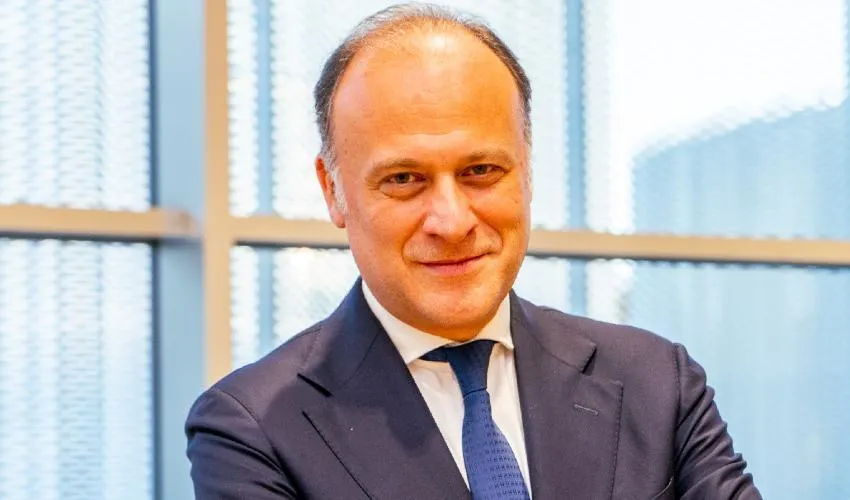
Investors Have a Responsibility to Change the World
With the levels of liquidity reached in recent months, the investment decisions of financial intermediaries, funds and individuals "can affect the fate of the world," says Stefano Caselli anticipating the Lectio Inauguralis of the Endowed Algebris Chair in Long-Term Investment and Absolute Return, to be held tomorrow at the University. Check out the program page.
The Chair, launched in 2019 as a temporary chair, now becomes an endowed chair, i.e. a permanent one, supported with a major donation from Algebris Investments, an independent global asset management firm founded by Bocconi alumnus Davide Serra.
According to some estimates, the liquidity available in the world reaches $19trn, of which $1.5-2trl is in the hands of Italian families. "If used responsibly, this money can promote GDP and employment growth," says Professor Caselli, "and can help reduce the many inequalities that exist on a global scale. In other words, values can impact value."
"The responsibility of being an investor," continues the holder of the Endowed Algebris Chair in Long-Term Investment and Absolute Return, "has also been magnified by the recent discontinuities represented by the pandemic and the war in Ukraine. They affect a primary good like health and another not only primary, but taken almost for granted for 75 years in the West, peace."
Caselli identifies three important trends that, if followed, could contribute to the responsible use of the power in the hands of investors. Such trends are the growing focus on the long-term perspective of investments, linked to company fundamentals and projects; the awareness of the need for capitalization, which links investment to the real economy; and the growth of sustainable finance (ESG - Environment, Social and Governance).
Among the positive signs, Caselli counts the fact that 28% of financial assets can already be defined as long-term and that the expectation is to exceed 35% by 2030; that the venture capital and private equity industry is reaching the threshold of $3trn; that 16% of the global bond market and 7,486 funds are now ESG-compliant. However, reasons for uncertainty remain, including the multiplication of standards in the ESG world (as of 2020, there were 40 types of ratings, 150 rankings and 450 indices).
"The financial industry, policy makers, and higher education are the enablers that must drive this transition," Prof. Caselli says. "For its part, the Chair, which is changing from a temporary chair to a permanent one, aims to disseminate knowledge on these issues and to train new generations of knowledgeable investors and fund managers." From this last point of view, the iconic initiative is an annual, week-long training camp during which students can engage with real-world problems and top investors in all long-term asset classes. "When we launched the initiative three years ago, I said it was a full-immersion with interactive methodology, capable of strongly characterizing a student's CV," says Prof. Caselli. "Today, after three editions attended by 121 students, who we followed even after the completion of the camp, I can confirm this."
"Investment choices are one of the most important decisions we make in life: we actually decide how to allocate capital to build our future," says Davide Serra. "Deciding in which countries to invest, in which companies, in which states, as well as the inevitable interaction between these players, shapes future and return for those who invest. That's why we believe that an initiative that concretely helps train young students and create the investors of tomorrow is crucial."
The focus on developing a new generation of knowledgeable fund managers is why the Lectio Inauguralis will be followed by a panel discussion, whose protagonists, along with Serra and Caselli, are precisely young fund managers.